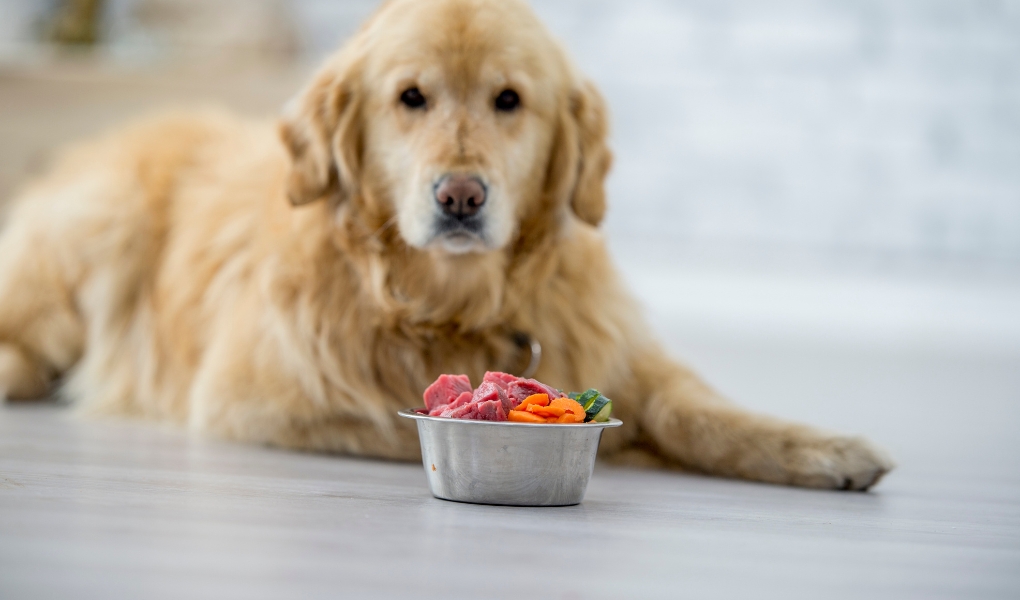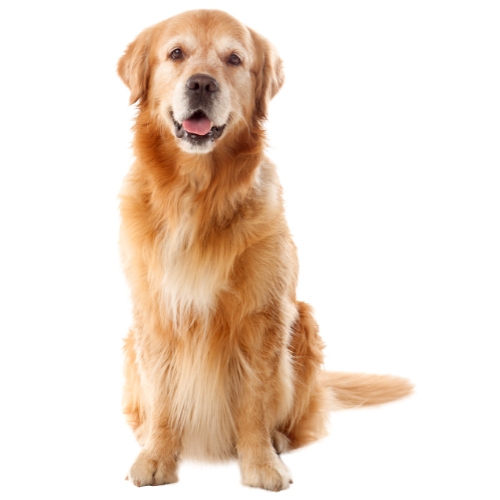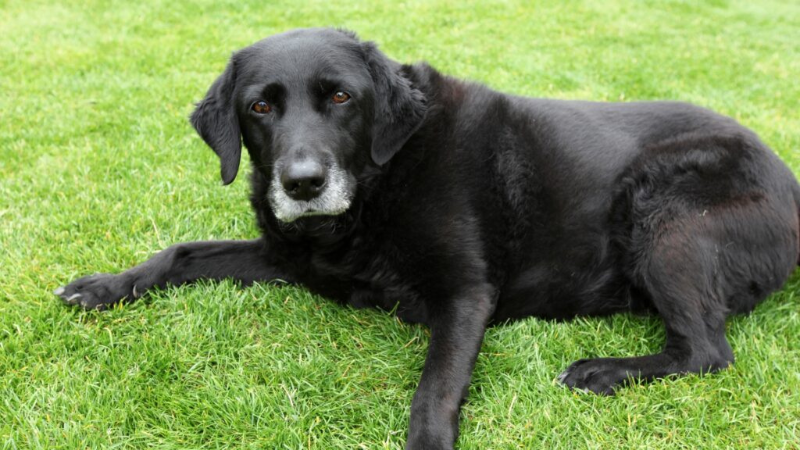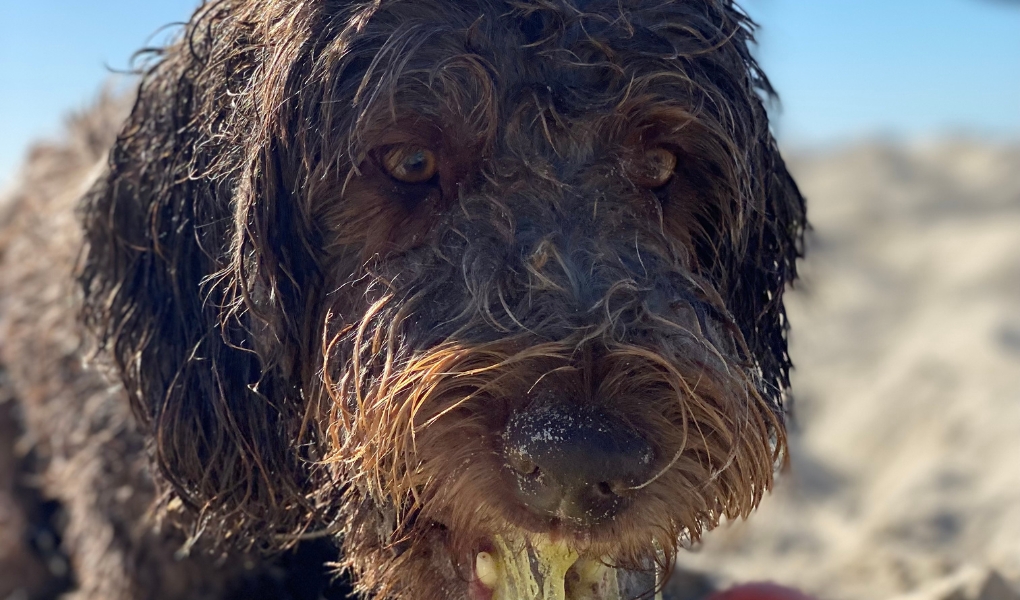Why is My Dog Not Eating His Food But Will Eat Treats? A Comprehensive Guide
When a dog refuses to eat their regular food but eagerly accepts treats, it can be a cause for concern for pet owners. This behavior can stem from various underlying issues, including health problems, behavioral factors, or environmental changes. Understanding the reasons behind this behavior and finding effective solutions is crucial for ensuring your dog’s health and well-being.
Introduction to the Issue
“Why is my dog not eating his food but will eat treats?” is a common question among dog owners. This behavior can be puzzling and worrying, as it may indicate that something is amiss with your dog’s health or routine. In this comprehensive guide, we will explore the potential reasons behind this issue, provide practical solutions, and offer tips on how to encourage your dog to eat their regular food.
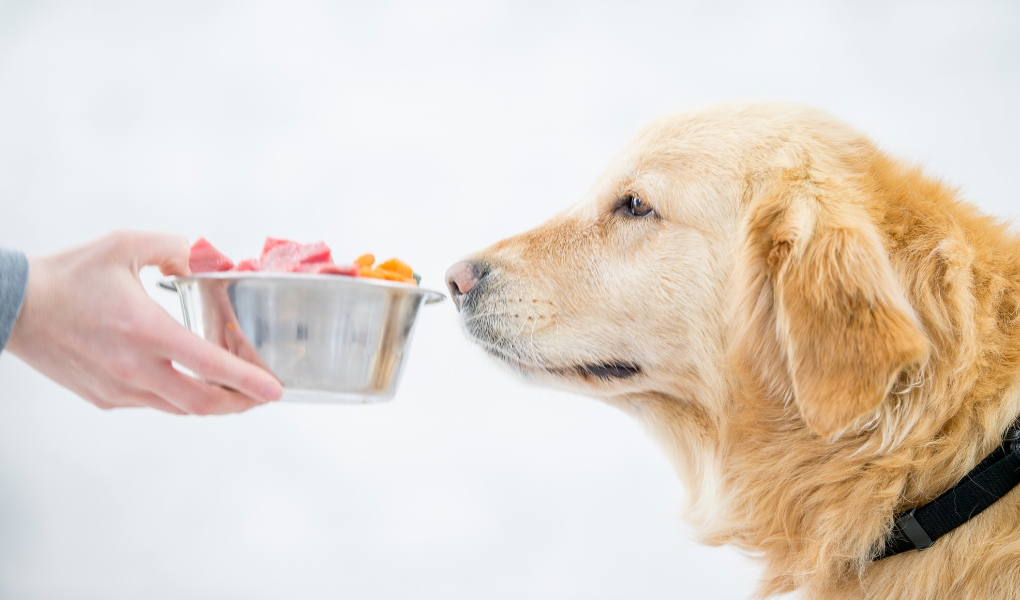
Common Reasons Why Dogs Refuse Food But Eat Treats
There are several reasons why a dog might refuse to eat their regular food but will still eat treats:
Health Problems
- Dental Issues: Painful dental conditions like tooth decay, gum disease, or broken teeth can make it difficult for dogs to chew their regular food, leading them to prefer softer treats.
- Gastrointestinal Issues: Conditions like gastritis, pancreatitis, or intestinal blockages can cause discomfort or pain when eating, leading dogs to refuse their food.
- Illness: General illnesses, including infections or chronic diseases, can decrease a dog's appetite for their regular food while they may still accept treats due to their appealing smell and taste.
Behavioral Factors
- Picky Eating Habits: Some dogs develop picky eating habits, often because they know they will get treats if they refuse their regular food.
- Separation Anxiety: Dogs with separation anxiety might refuse to eat when their owners are not around but will eat treats offered directly by their owners.
Environmental Changes
- Routine Changes: Changes in daily routines, such as moving to a new home or changes in family dynamics, can stress dogs and affect their eating habits.
- Food Bowl Location: The location of the food bowl can sometimes be a factor. If the food bowl is placed in a noisy or busy area, dogs might feel too stressed to eat.
Dental Care
- Regular Dental Check-Ups: Regular dental check-ups can help prevent and treat dental issues that might be causing your dog to refuse their food.
- Dental Treatments: Treatments like teeth cleaning, extractions, or medication for gum disease can alleviate dental pain and improve your dog's willingness to eat.
Environmental Adjustments
Making changes to your dog’s environment can also help improve their eating habits:
Create a Calm Feeding Area
- Quiet Space: Ensure the feeding area is quiet and free from distractions. A calm environment can make dogs feel more comfortable eating.
- Separate Feeding: If you have multiple pets, consider feeding them in separate areas to reduce competition and stress.
Ensure Fresh Food
- Check Expiry Dates: Always check the expiration date on dog food packaging. Expired food can lose its appeal and nutritional value.
- Store Food Properly: Store dog food in an airtight container to keep it fresh and flavorful.
Encouraging Regular Eating Habits
Encouraging regular eating habits is key to maintaining your dog’s health:
Gradual Changes
- Introduce New Foods Slowly: If you need to change your dog's diet, introduce the new food gradually over a week to avoid digestive upset.
- Monitor Portions: Ensure you are feeding the correct portion size for your dog's age, weight, and activity level.
Positive Reinforcement
- Reward with Praise: Reward your dog with praise or a small treat after they eat their regular food to reinforce positive behavior.
- Avoid Force-Feeding: Never force-feed your dog. This can create a negative association with mealtime and worsen the problem.
Conclusion
Why is my dog not eating his food but will eat treats? This question can be answered by considering various factors, including health problems, behavioral issues, and environmental changes. By identifying the underlying cause and implementing the appropriate solutions, you can encourage your dog to eat their regular food and maintain a healthy diet. For more expert insights and comprehensive guides, explore our other blog posts at Harmony Dog Food.

